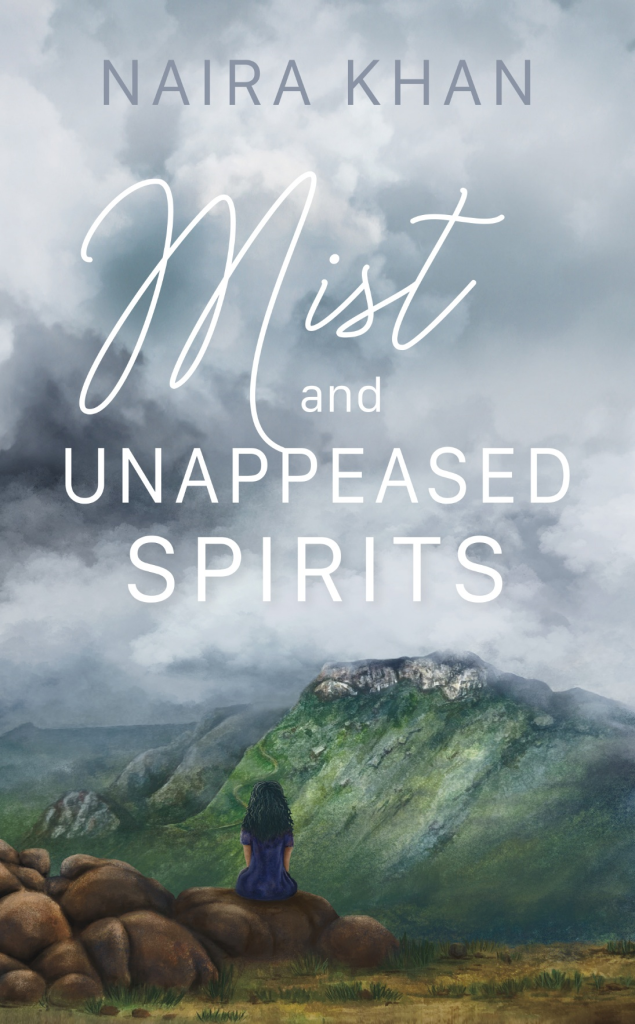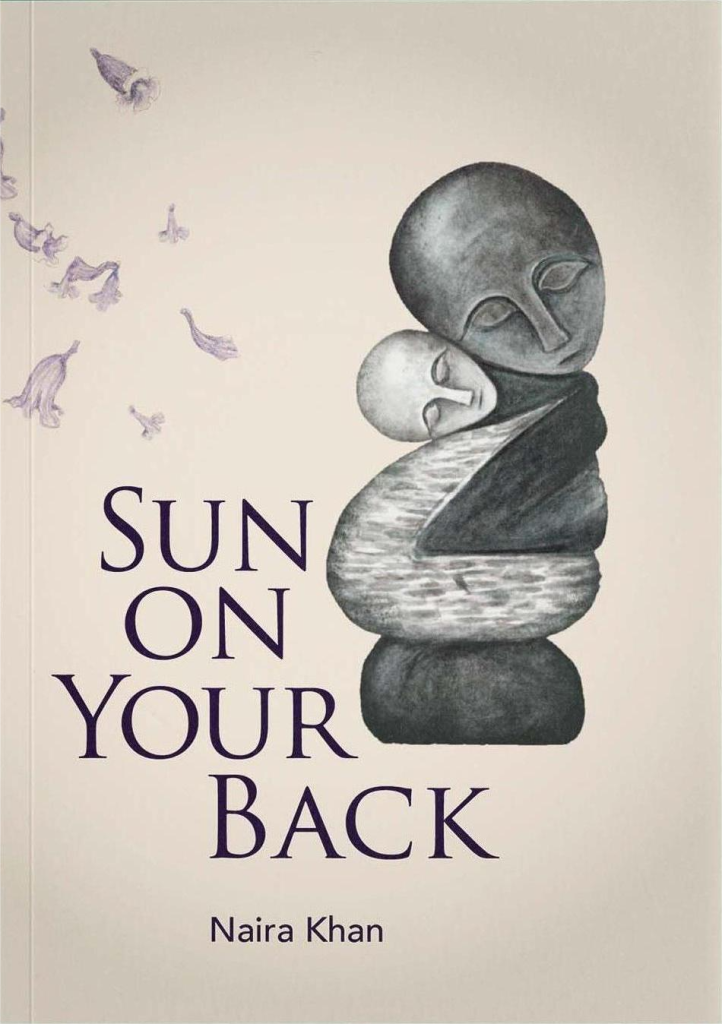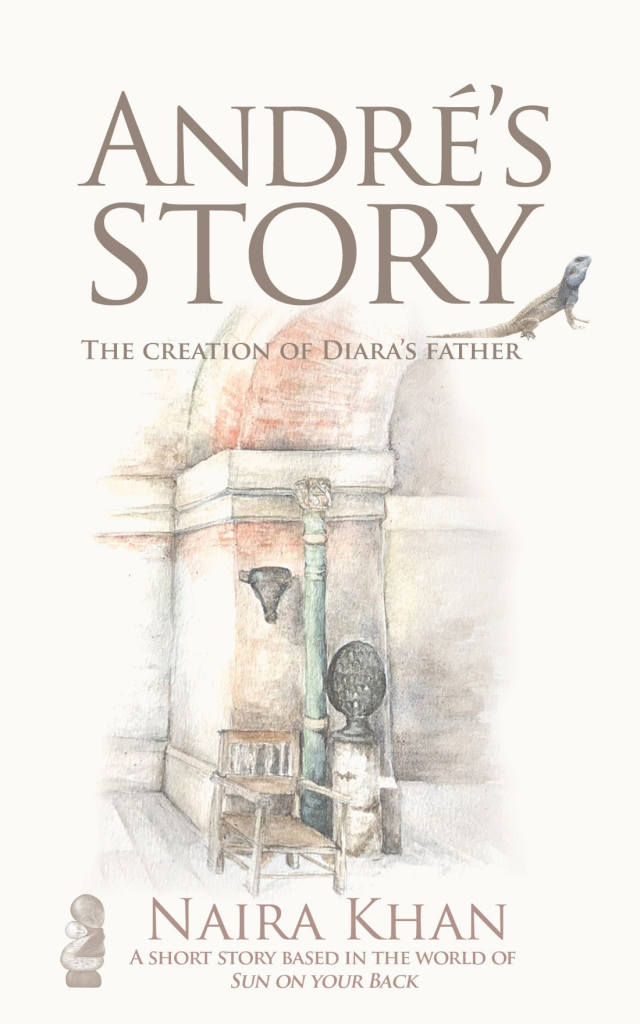Mist and Unappeased Spirits
A gripping supernatural mystery set between Scotland and Zimbabwe, exploring missing persons, forbidden love, and the eerie secrets of Mount Nyangani.
Available on Amazon Sun on Your Back
A family drama delving into deep-seated secrets, past trauma, and the quest for truth after a shocking murder confession.
Available on Amazon André’s Story
A haunting look at how childhood experiences shape a life, leading to a path of destruction.
Available on AmazonMist and Unappeased Spirits
A gripping supernatural mystery set between Scotland and Zimbabwe, exploring missing persons, forbidden love, and the eerie secrets of Mount Nyangani.
Available on Amazon Sun on Your Back
A family drama delving into deep-seated secrets, past trauma, and the quest for truth after a shocking murder confession.
Available on Amazon André’s Story
A haunting look at how childhood experiences shape a life, leading to a path of destruction.
Available on AmazonMeet the Author Behind the Stories
Naira Khan is an author and advocate who weaves powerful narratives that blend mystery, folklore, and social justice. Inspired by real-life issues such as ambiguous loss, substance abuse, and gender inequality, her books aim to give a voice to the unheard and bring awareness to the struggles of women and children. Whether unravelling supernatural mysteries or deep-seated human conflicts, her stories stay with readers long after they have turned the last page.

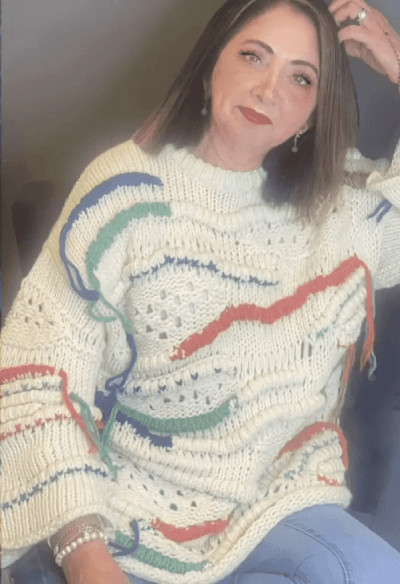

Featured Books
Books That Stir the Soul
Immerse yourself in stories where the supernatural meets reality, and the fight for justice takes centre stage.
A gripping supernatural mystery set between Scotland and Zimbabwe, exploring missing persons, forbidden love, and the eerie secrets of Mount Nyangani.
Keywords: supernatural, missing persons, aristocracy, substance abuse, prejudice
Keywords: supernatural, missing persons, aristocracy, substance abuse, prejudice
A family drama delving into deep-seated secrets, past trauma, and the quest for truth after a shocking murder confession.
Keywords: family secrets, justice, Zimbabwe-UK connections
Keywords: family secrets, justice, Zimbabwe-UK connections
A haunting look at how childhood experiences shape a life, leading to a path of destruction.
Keywords: childhood trauma, psychological depth, generational wounds
Voices Against Violence, Stories for Change
Welcome to Ink and Spirit by Naira, where storytelling meets advocacy. Explore stories that illuminate the unseen, challenge injustice, and transport readers into worlds of mystery, resilience, and hope.
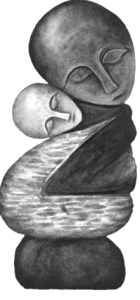
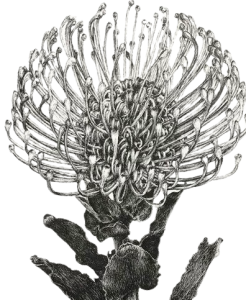
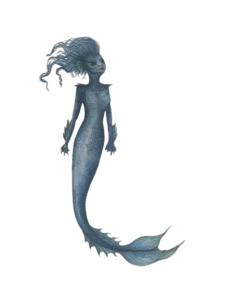
Your Feedback
Review A Book
Testimonials & Reviews
What Readers Are Saying
“This is a really moving story, very human and compassionate, written by an author with a wealth of experience in the field of physical and sexual violence towards women and children and of the dynamics of race and women’s lives in southern Africa.”
Amazon Reader
“I thoroughly enjoyed this great story. There were some really goosebump moments and I really felt all the emotions Ara and the family went through during this highly stressful and emotive time. A great read.”
Good Reads Reader
“Naira Khan’s “Mist and Unappeased Spirits” is a fascinating work that explores folklore and the impact of the spiritual world. Readers who relish learning about different cultures and appreciate a multicultural cast will enjoy this novel that weaves together romance and spirituality.”
Reader Views
